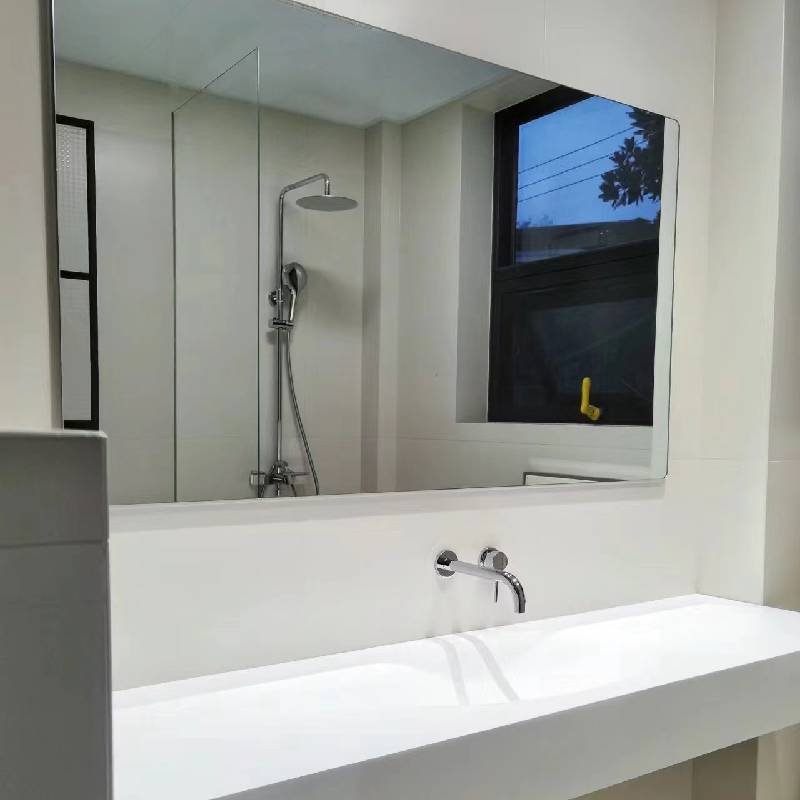

Understanding Float Glass A Comprehensive Overview
Float glass is a type of glass that has become a staple in the construction and manufacturing industries due to its unique properties and production method. The name float glass derives from the innovative technique used to produce it, which results in a flat, smooth surface that is ideal for various applications, including windows, mirrors, and facades.
Understanding Float Glass A Comprehensive Overview
One of the primary advantages of float glass is its uniform thickness and surface finish. Unlike traditional glass-making methods, which can leave impurities or bubbles, float glass is produced in such a way that these imperfections are minimized. This results in a smooth surface that is aesthetically pleasing and functionally effective for applications in both residential and commercial environments.

Float glass is also highly versatile. It can be manufactured to various thicknesses and sizes, making it suitable for countless applications. In the construction industry, it is primarily used for windows, glass doors, and curtain walls. Additionally, its clarity and strength make it an excellent choice for vibrant displays in retail settings. Float glass can also be treated for added security, thermal insulation, or aesthetic effects, such as coloring or frost, allowing manufacturers to tailor their products to specific needs.
Another significant characteristic of float glass is its excellent thermal and optical properties. It has good light transmission capabilities, which is crucial for energy-efficient buildings. When used in conjunction with low-emissivity (low-E) coatings, float glass can help reduce heat loss, contributing to lower energy costs. This makes float glass not only a practical option but also an environmentally friendly choice in modern architecture.
Moreover, float glass is recyclable, further enhancing its appeal as a sustainable building material. The recyclability of float glass means that post-consumer waste can be reprocessed and turned back into new glass products. This reduces the environmental impact associated with glass production and helps conserve natural resources.
In summary, float glass is a remarkable material that offers numerous advantages due to its unique production process. Its flat surface, uniform thickness, and excellent optical and thermal properties make it an ideal choice for a wide range of applications in modern architecture and manufacturing. As the demand for sustainable and energy-efficient materials continues to rise, float glass is likely to maintain its status as a preferred choice in the industry. Its ability to combine functional benefits with aesthetic appeal ensures that it remains a fundamental building block in the design and construction of contemporary spaces.